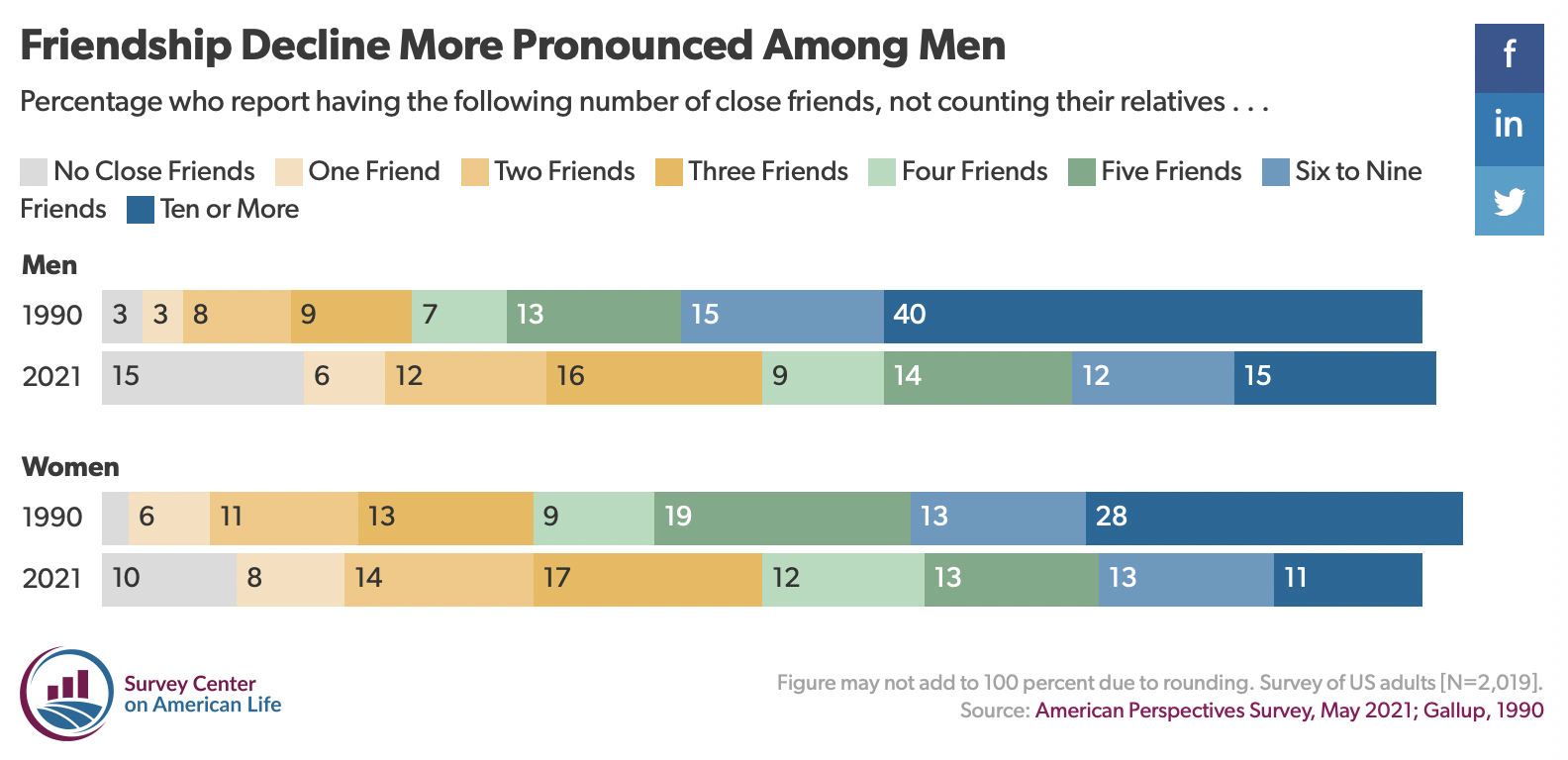The Covid pandemic marked a before and after in the lives of countless individuals. Not only did it modify our daily activities, such as the way we cooperate with colleagues or receive a school lecture, but it also redefined the how we make connections with one another.
Mandates to reduce physical contact during the pandemic led us to opt for computer-mediated communications, such as text messaging, telephone and video calls. While these media did indeed allow us to keep in touch – how important it was during isolation! – many still prefer them to face-to-face contact despite restrictions being lifted.
What are the consequences of reducing in-person interactions and how can we recover our traditional human ways?
The value of face-to-face interactions

The apparent advantages of in-person interactions are not foreign to anyone. A person’s facial expressions, gaze, body movement and tone of voice gives us a much richer profile of information than a typed text. Yet there is more at play at a psychological level.
According to an article written by Stephen W. Porges from the University of Illinois at Chicago, social engagement is essential to reduce the perceived psychological distance between people in a conversation.
Success
You are now signed up for our newsletter
Success
Check your email to complete sign up
Porges alludes to the involuntary tendency of our nervous system to assess risk in each scenario and, consequently, adapt our behavior to perceptions of safety or danger. The formation of social bonds, his article suggests, is based on the neuroperception of safety, which is evaluated through physical perceptions in close proximity – such as body language and voice pitch.
An article published in Oxford Academic on the effects of face-to-face interaction, found that “For FTF [face-to-face] communication, duration significantly predicted happiness, suggesting that the absolute duration of FTF interaction plays a crucial role in building and maintaining emotionally intense relationships.”
The internet paradox: increased connection and reduced interaction

A journal article published in the American Psychological Association studied the effects of the Internet on social involvement and psychological well-being. It concluded that, “Greater use of the Internet was associated with declines in participants’ communication with family members in the household, declines in the size of their social circle, and increases in their depression and loneliness.”
The development of social media platforms and our dependence on them during the pandemic did not make things any better. A 2020 American National Social Network survey revealed that “Nearly one in five Americans reported having no close social connections, a double-digit increase from 2013.”
It also found that young men are the most affected, “Young men are faring worse than most: More than one in four men (28 percent) under the age of 30 reported having no close social connections.”
An American Perspectives Survey conducted in 2021 found that the number of Americans without any close friends has risen sharply, with men having suffered a far steeper decline than women.

“Thirty years ago, a majority of men (55 percent) reported having at least six close friends. Today, that number has been cut in half. Slightly more than one in four men (27 percent) have six or more close friends today. Fifteen percent of men have no close friendships at all, a fivefold increase since 1990,” the survey reports.
“Americans with only one close friend are not any less lonely than those with none, while those with only a few are only in marginally better shape,” explains the report. “For Americans with three or fewer close friends, loneliness and isolation are fairly common experiences – more than half say they have felt that way at least once in the past seven days.”
Why is online communication appealing?

Covid has taught us that there are ways to hold almost every conversation remotely. Going places to hold conversations or attend meetings may not sound as appealing when we have the option of staying in the comfort of our home.
Yet our preference for technology-based interactions goes beyond physical comfort. A 2011 article published in Sage Journals found that computer-mediated communication is usually favored due to its anonymity and promotion of self-disclosure, that is, communicating personal information.
Another article published in the National Library of Medicine suggested that another reason we may prefer computer-mediated communication to face-to-face interactions is the ability these platforms give us to present an optimal version of ourselves in a context of our choosing. We are now able to delete or edit our text messages, which would be impossible in an in-person conversation.
The convenience of texting – or emailing – instead of calling has also influenced our communication. Not only can it lead to extended, disjointed conversations that lack substance, but also to illiteracy regarding nonverbal emotional cues, especially in young users. Verbal skills, in real life, require spontaneity, which can only be developed through practice.
Simple ways to recover human connection

For many of us, technology has become an essential part of our work and our studies. It may not be possible to do without it entirely, but there are simple ways to make our interactions with others more intentional.
Cherish those around you
There is no better way to start than by appreciating those who live with you. Set times to be away from technology and give your undivided attention to the person in front of you.
Small gestures like asking them about their day or offering to prepare their favorite meal will not only strengthen your bond but also create lasting memories.
Be proactive
Doing things on our own without having to leave the house is tempting. But remember that the best things in life require a little sacrifice. If there is an activity you enjoy doing, try to get together with others who also enjoy it. This will expand your social circle and give you the opportunity to learn from others.
If given a choice between in-person experiences and remote participation, be aware of the excuses your mind may create to keep you in your comfort zone. Set the bar high for yourself and rejoice in the small steps that bring you closer to others.
Favor genuine interactions
Hardly anything feels more genuine than real-time conversations. When you can afford to have an unhurried conversation – and face-to-face is not a possibility – video calling is the best way to reduce the psychological distance between yourself and the other party. Voice calls rank second in effectiveness and text-based messaging comes third.
Keep in mind, however, that each means of communication is useful and appropriate depending on the situation. Use your wisdom and make sure to cherish every chance to cultivate genuine human connection.













